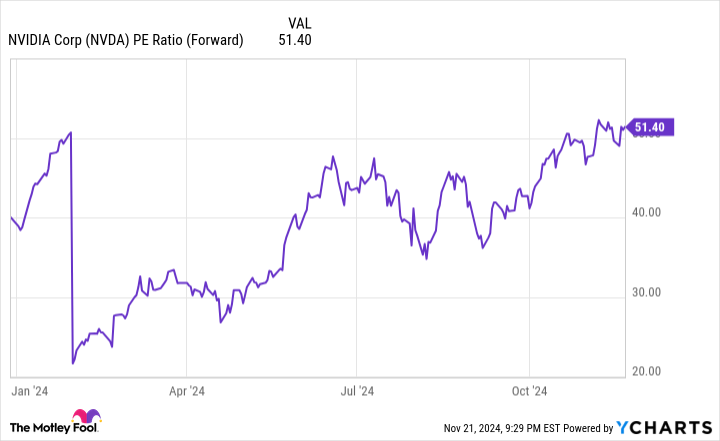Billionaire Ray Dalio Sold Nvidia Stock. Should You Follow?

Investors get a peek into what hedge funds are doing with their money every quarter. The SEC requires institutional investors to file a 13F once they pass $100 million in assets. These reports are released 45 days after the end of the calendar quarter and disclose current positions.
Billionaire hedge fund manager Ray Dalio and his firm Bridgewater Associates made an interesting move during the third quarter. They sold Nvidia (NASDAQ: NVDA) stock. They reduced their position sizing by about a quarter, selling 1.8 million shares, worth around $212 million if the average price for Q3 is used.
Are You Missing The Morning Scoop? Breakfast News delivers it all in a quick, Foolish, and free daily newsletter. Sign Up For Free »
Should investors follow in Dalio's footsteps and sell off some of their Nvidia positions? Or is this move being made for different reasons?
Bridgewater Associates' trend of selling Nvidia stock isn't isolated to just the third quarter. The firm owned more than seven million Nvidia shares at the end of 2023 and have steadily decreased their holdings each quarter of 2024. This activity is fairly common for hedge funds: They want to realize gains.
Unlike individual investors who can watch their portfolios rise and fall with little repercussions, fund managers are graded on their quarterly performance. Individual investors can buy great companies and hold until they're no longer great, with little care of day-to-day movements. This strategy has made the Foolish style of investing successful, but it doesn't work for fund managers.
However, it does remind us that gains aren't realized until you actually sell the stock, which can be difficult when all Nvidia seems to do is go up. Still, even after the sales, Nvidia is Bridgewater's fourth-largest holding. So, Dalio and his firm are trimming a stock that has continued to run so that they are comfortable with the position sizing.
Many investors should consider this, too, as Nvidia has been on a legendary run over the past two years. Nvidia's stock won't keep going up in a near-straight line forever, and realizing some of the gains may not be the worst idea, even if Nvidia continues to excel.
Although I don't know when it will happen, Nvidia is going to run into some headwinds eventually. Nvidia's graphics processing units (GPUs) are powering the artificial intelligence (AI) arms race, and companies are buying them by the truckload to give themselves all the computing power they need to train the best model possible.
Breaking news
See all






